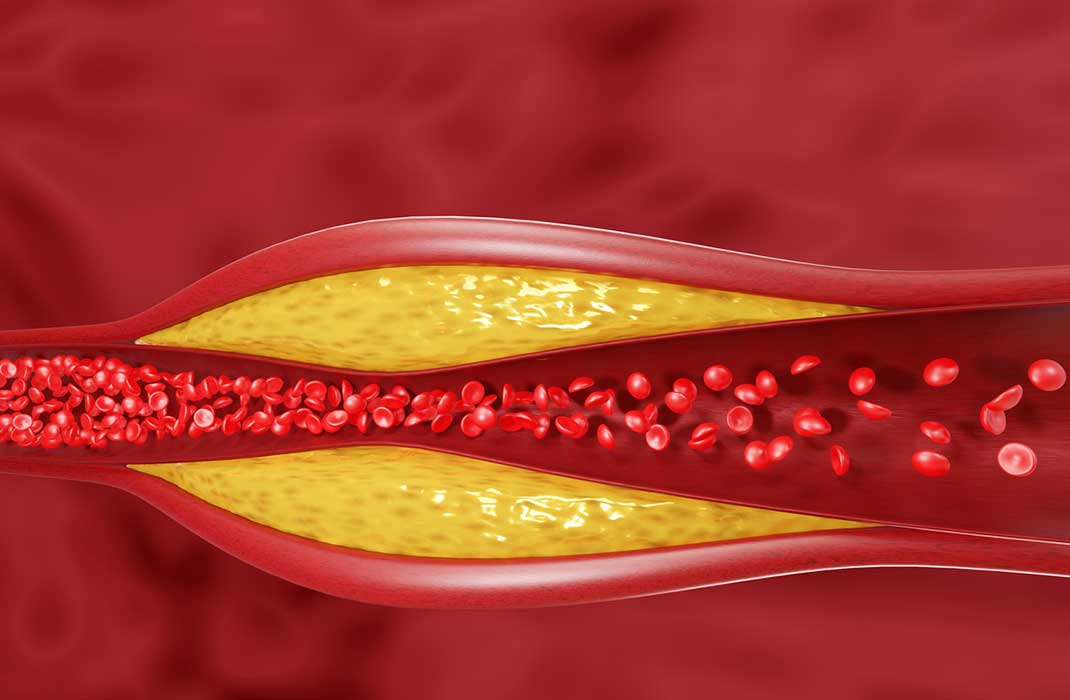-
- Find Care
-
- Visitor Information
- Find a Location
- Shuttles
- Visitor Policies
-
-
-
- Our Virtual Care Options
- Virtual Urgent Care
- Virtual Visits for Primary & Specialty Care
- Online Second Opinions
- Participate in Research
-
- Contact us
-
- For Innovators
- Commercialization Guide for Innovators
-
-
- Research News
- Alzheimer's Disease
- Artificial Intelligence
-
- Overview
-
- Overview
- Getting Started
- New to Mass General Brigham
- International Patient Services
- What Is Patient Gateway?
- Planning Your Visit
- Find a Doctor (opens link in new tab)
- Appointments
- Patient Resources
- Health & Wellness
- Flu, COVID-19, & RSV
- Billing & Insurance
- Financial Assistance
- Medicare and MassHealth ACOs
- Participate in Research
- Educational Resources
- Visitor Information
- Find a Location
- Shuttles
- Visitor Policies
- Find Care
-
- Overview
- Our Virtual Care Options
- Virtual Urgent Care
- Virtual Visits for Primary & Specialty Care
- Online Second Opinions
-
- Overview
- Participate in Research
-
- Overview
- About Innovation
- About
- Team
- News
- For Industry
- Venture Capital and Investments
- World Medical Innovation Forum (opens link in new tab)
- Featured Licensing Opportunities
- For Innovators
- Commercialization Guide for Innovators
- Contact us
-
- Overview
- Information for Researchers
- Compliance Office
- Research Cores
- Clinical Trials
- Advisory Services
- Featured Research
- Two Centuries of Breakthroughs
- Advances in Motion (opens link in new tab)
- Brigham on a Mission (opens link in new tab)
- Gene and Cell Therapy Institute
- Research News
- Alzheimer's Disease
- Artificial Intelligence
-
- Overview
-
- Overview
- Residency & fellowship programs
- Brigham and Women's Hospital
- Massachusetts General Hospital
- Mass Eye and Ear
- Newton-Wellesley Hospital
- Salem Hospital
- Integrated Mass General Brigham Programs
- Centers of Expertise
- Global & Community Health
- Health Policy & Management
- Healthcare Quality & Patient Safey
- Medical Education
- For trainees
- Prospective trainees
- Incoming trainees
- Current trainees
- Continuing Professional Development
Are Eggs Heart-Healthy?

Scrambled, hard-boiled, poached, or fried, Americans love eggs. But many people eat eggs with a side of guilt because of concerns about how eggs affect heart health.
The good news: Eaten in moderation, eggs can be part of a heart-healthy diet, says Pradeep Natarajan, MD, MMSc, a Mass General Brigham cardiologist and director of the Cardiovascular Disease Prevention Center at Massachusetts General Hospital. “Eggs are fine, but limit the total amount to one per day, averaged over a week, without going into extreme excess in one day.”
In this article, Dr. Natarajan shares more about the latest research on eggs and healthy cholesterol levels and how to incorporate eggs into a heart-healthy diet.
Dietary cholesterol vs circulating cholesterol
One large egg is a significant source of dietary cholesterol—the type of cholesterol you ingest. It contains roughly 186 milligrams of cholesterol concentrated in the yolk. Before 2015, the U.S. Department of Health and Human Services Dietary Guidelines for Americans suggested eating no more than 300 milligrams of cholesterol a day, says Dr. Natarajan. More than one egg could put you over the limit.
When the U.S. Dietary Guidelines changed in 2015, the warning for dietary cholesterol consumption was removed, says Dr. Natarajan. “That’s because evidence about the health risks of dietary cholesterol varies widely."
The guidelines were also adjusted because, surprisingly, dietary cholesterol generally doesn’t affect circulating cholesterol (or blood cholesterol) very much. Circulating cholesterol is produced by the body, found in the bloodstream, and measured with a blood test by your doctor. It can stick to the walls of blood vessels and cause blockages that eventually lead to stroke and heart attack.
“Research shows that eating foods high in saturated fats, especially trans fats, raises the amount of circulating cholesterol your body produces,” says Dr. Natarajan. Foods high in saturated fats are among the worst foods for high cholesterol. Saturated fats are typically found in animal- and dairy-based products and some tropical plant oils. They are usually solid at room temperature. Trans fats are in some animal-based foods and manufactured foods, such as margarine. Eggs are fairly low in saturated fat, at less than 2 grams per large egg, and only have trace amounts of trans fats.
Eggs and cholesterol: The latest research
Research about eggs and heart disease is inconclusive. “Evidence one way or the other about eggs is lacking, which makes the topic confusing to consumers,” Dr. Natarajan says.
Some studies show a connection between egg consumption and an elevated risk for heart disease. Other studies say eating eggs reduces the risk for some heart-related illnesses.
“Context matters a lot when considering these studies,” Dr. Natarajan says. Dietary studies are sometimes difficult to interpret because results can be skewed by participants’ lifestyles. Findings about egg consumption can be affected by:
- Preparation method: Eggs are often cooked using added fats.
- Food pairing: People tend to eat fatty foods such as bacon and sausage along with eggs.
- Activity level: It can be tough to track the level of exercise for study participants.
- Substituted foods: People who avoid eggs may replace them with other foods that affect heart health.
Eggs as part of a heart-healthy diet
Coming in at just 78 calories each, and packing about 6 grams of protein, eggs are a relatively low-calorie, nutrient-dense food. So they have a place in a well-rounded diet, says Dr. Natarajan. For healthy people, that means it's fine to indulge in a three-egg omelet once or twice a week. Choose egg whites if you want the benefits of egg-based protein without the high-cholesterol yolk. Just don’t overdo it.
“Since some findings do show that overeating eggs may be cause for concern, moderating your egg intake makes sense,” says Dr. Natarajan.
People with heart disease or elevated cholesterol may need to reduce eggs even further. Talk to your doctor or a nutritionist about how to lower cholesterol or what limits that are appropriate for specific medical conditions.
A realistic diet is one you enjoy. If you love eggs, learn how to incorporate them into your lifestyle. “Diet modification can be difficult for people who are diagnosed with heart disease. Diets with lots of restrictions can be hard for people to stick with,” Dr. Natarajan says.
If you have heart disease, he suggests joining a cardiac rehabilitation program. “We help people achieve heart-healthy diets that are realistic and enjoyable,” he says.
Dr. Natarajan offers these general guidelines for a heart-healthy diet:
- Eliminate trans fats and cut saturated fats: Research shows they pose a big risk for heart disease. Instead, opt for polyunsaturated fats found in vegetable oils, salmon, nuts, and seeds.
- Reduce refined carbohydrates: Refined carbs can increase risk for obesity, metabolic syndrome, and diabetes. They are common in baked goods and processed foods such as pretzels and crackers.
- Focus on fiber: Plant-based fiber from whole grains, beans, vegetables, and fruits may reduce the risk for heart disease, diabetes, and other conditions.
In the meantime, it’s fine to eat eggs. “People don’t need to spend so much of their mental energy on restricting eggs, as long as they are not eating excessive amounts,” says Dr. Natarajan. “Instead, they should focus on minimizing other things in their diet that research has shown to negatively affect heart health, like reducing saturated fats and refined carbohydrates.”







